Conservation groups have spoken out against a proposed bill which would remove ESA protections from Mexican gray wolves, a species imperiled by low genetic diversity.
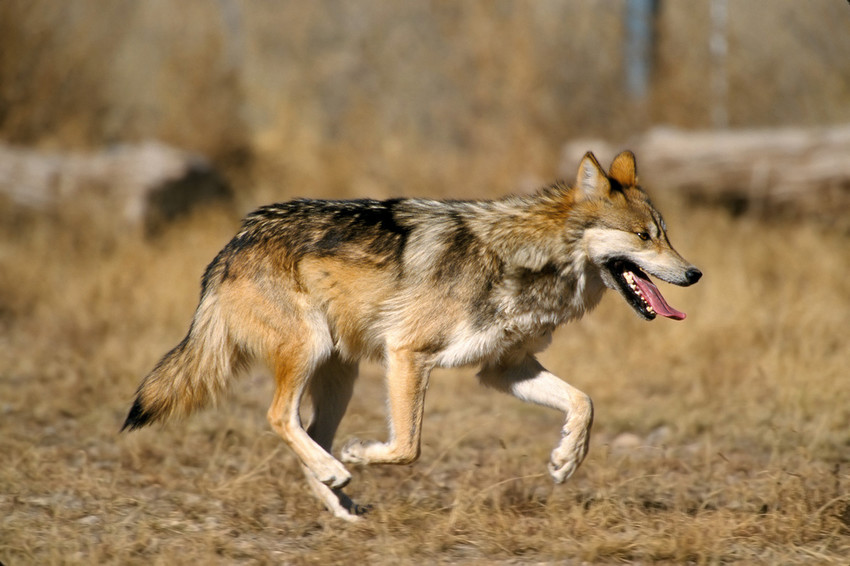

Conservation groups have spoken out against a proposed bill which would remove ESA protections from Mexican gray wolves, a species imperiled by low genetic diversity.

From border wall to occupied wildlands: why the new “military defense zones” endanger wildlife and democracy.

Despite powerful testimony, compelling evidence, and widespread public support, the Arizona Game and Fish Commission today voted to reject a petition that would have initiated a rulemaking process to ban the controversial practice of wildlife hounding.

After Wildlife for All and partners submitted a petition to the AZ Game & Fish Commission, Arizona officials wrote a bill to stop our work.

Celebrating Kevin Bixby: After decades of tireless work to protect wildlife and wildlands, Kevin Bixby is retiring—leaving behind an incredible legacy of advocacy, courage, and leadership.

The Nevada Wildlife Commission rejected a petition to protect mountain lions by reforming trapping regulations in their January 24 meeting.

WDFW escalates war on wolves with yesterday’s lethal removal decision targeting the Columbia Pack wolves in an increasingly aggressive stance.

Yesterday, the U.S. Fish and Wildlife Service (USFWS) announced they are investigating the illegal killing of a gray wolf in Grand County.

Wildlife for All, a national nonprofit dedicated to transforming wildlife management to be more inclusive, compassionate, and ecologically driven, is thrilled to announce that Kavya Parsa has joined its Board of Directors.

Wildlife for All Cosigns Petition to Ban Dog Pack Hunting in Arizona SANTA FE, N.M.—Wildlife for All is proud to join conservation groups in petitioning the Arizona Game and Fish Commission to ban the use of dog packs in hunting wildlife including mountain lions and...

Wildlife for All statement on Florida voters approving Amendment 2, a constitutional amendment affirming hunting and fishing as protected rights.

Statement from Wildlife for All in response to Colorado Prop 127 failing to pass, a ballot initiative to end mountain lion and bobcat hunting in the state.
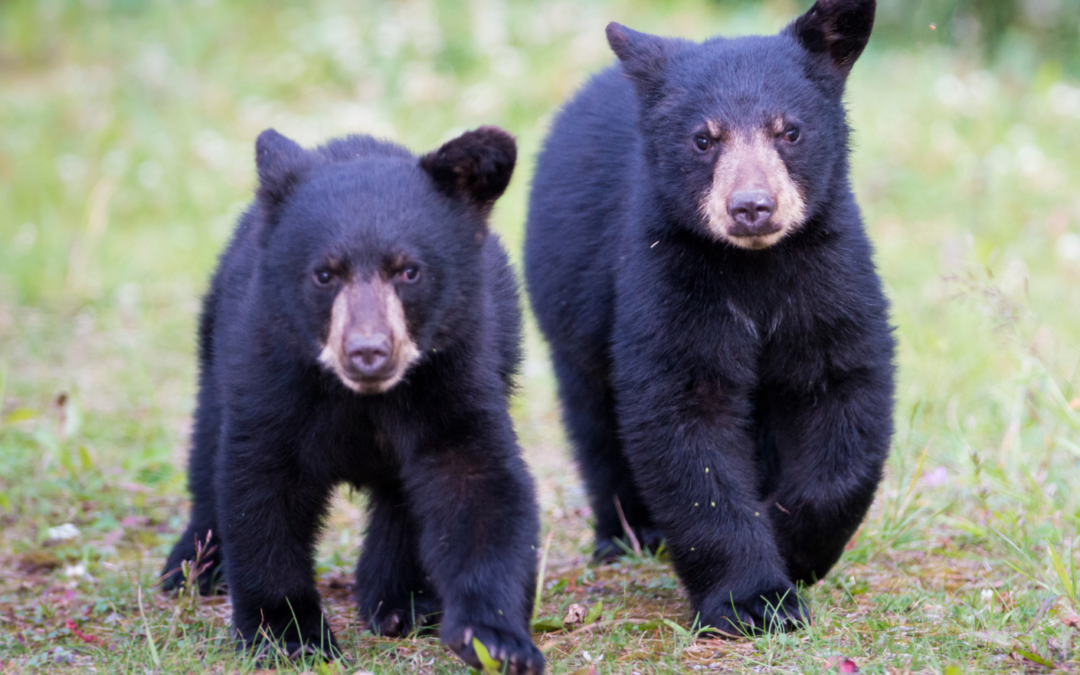
The Florida Wildlife Federation is the latest group—and the first sportsmen’s organization—to announce its opposition to the so-called “Right to Hunt” amendment on the November ballot in Florida.
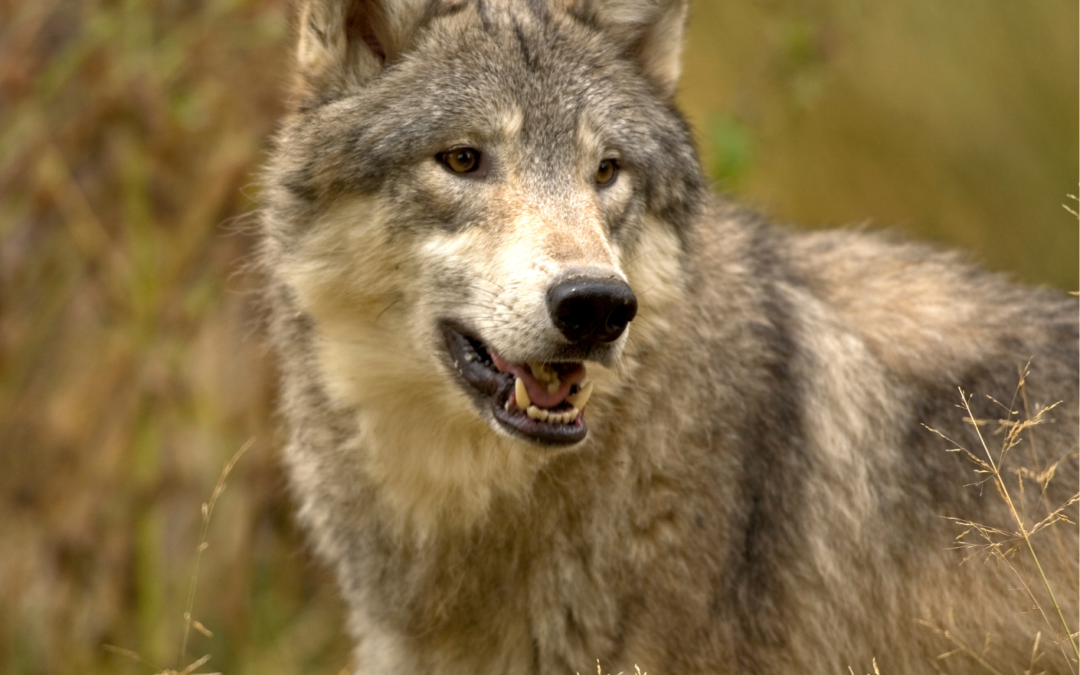
A new nationwide survey conducted by Colorado State University and Project Coyote reveals strong support for criminalizing acts of cruelty to wildlife, including practices like running over wolves with snowmobiles.

A Wyoming State Legislature Committee had the opportunity to address the public’s overwhelming demand to ban snowmobiling over wildlife—but didn’t.
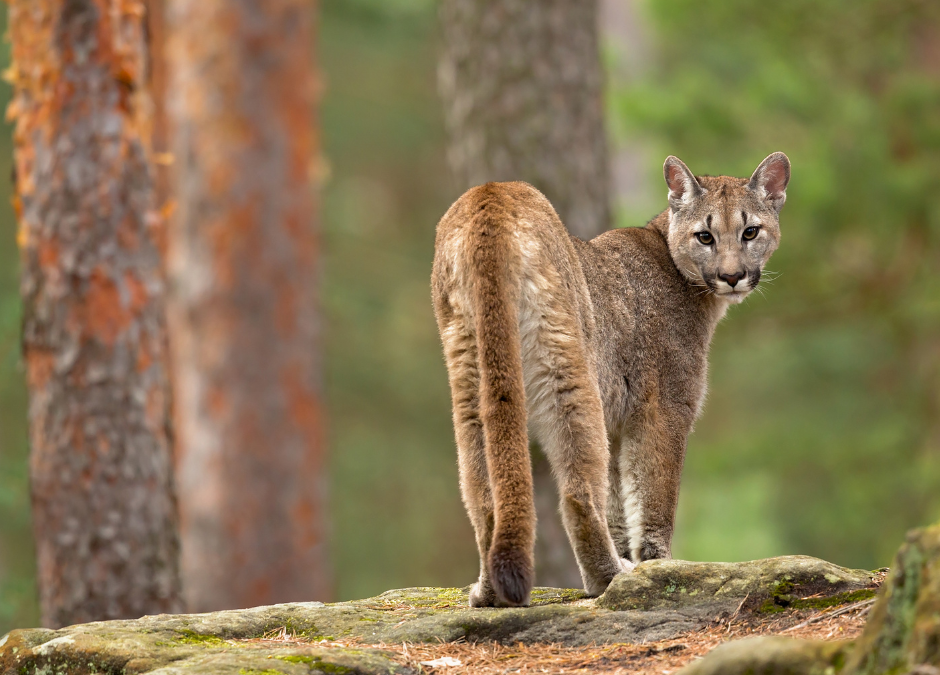
Recent research on ungulate diseases like CWD calls into question the wisdom of states’ permissive, in some cases unrestricted, hunting and trapping of cougars, wolves, coyotes and bobcats. If the whole of nature is good, no part can be bad. It’s time for all hunters to recognize predators as allies, not competitors.

The Washington Department of Fish and Wildlife (WDFW) approved a wolf kill order yesterday for the Couse wolf pack in southeast Washington.

A groundbreaking peer-reviewed study critically evaluates the methodology that U.S. state wildlife agencies heavily rely on to justify trapping.
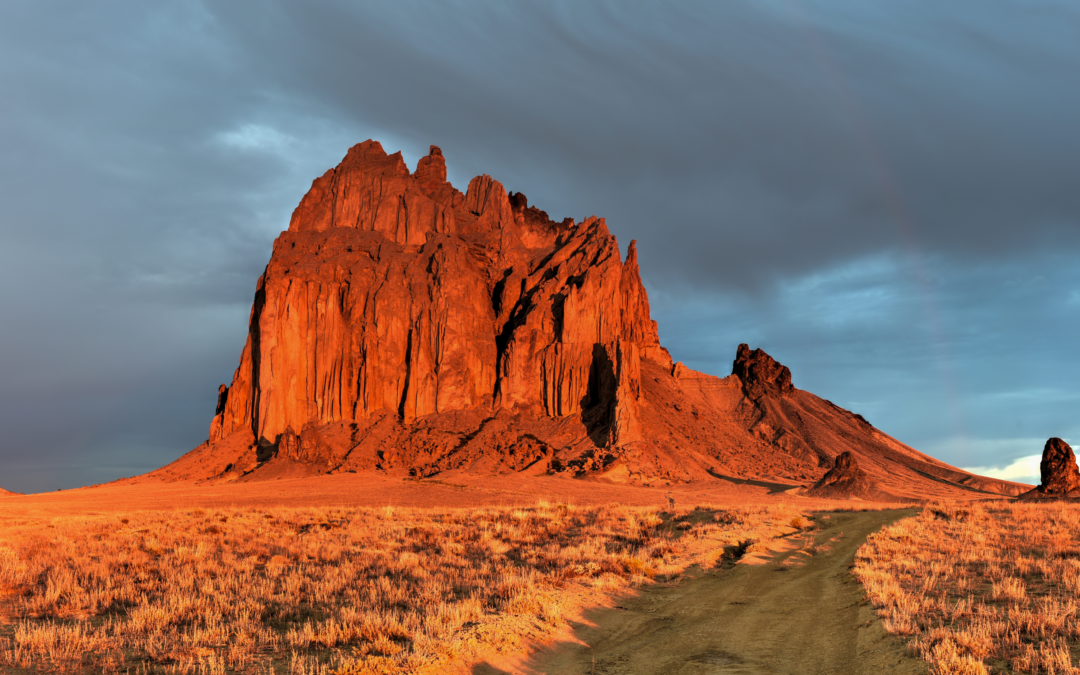
Game of Groans: Fossil fuel lobbyist appointed to New Mexico Game Commission. Wildlife advocates decry extractive industry’s disproportionate representation.
Today, in a move that only intensifies the conservation community’s frustration towards the Commission and administration, NM Gov. Michelle Lujan Grisham selected a senior ExxonMobil employee to serve on the public commission that oversees wildlife policy in the state.
Wildlife for All commends Governor Jay Inslee for appointing three qualified Commissioners with substantial professional expertise in wildlife science and policy to the Washington Fish and Wildlife Commission. The Commission sets wildlife policy for the state.